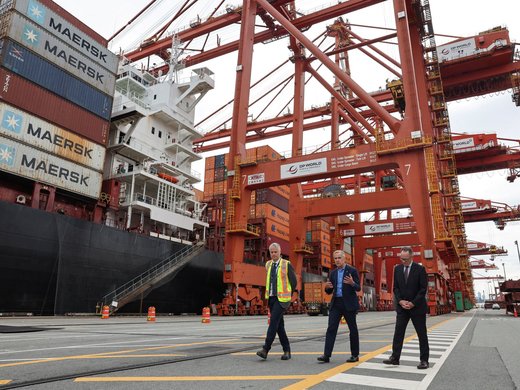British Prime Minister Theresa May first proposed a “bold and ambitious free trade agreement” (FTA) to govern future trade arrangements between the European Union and the United Kingdom in a speech on January 17, 2017. More recently, on September 22, 2017, the prime minister suggested that the negotiators could do better than an “advanced free trade agreement,” such as the Comprehensive Economic and Trade Agreement between the European Union and Canada, but offered little indication as to what form such an arrangement might take.
Is it possible for the United Kingdom to achieve a new trade relationship to replace continued membership in the European Union’s Single Market and/or Customs Union, which currently provides unrestricted trade? An FTA is probably the only legally feasible form of preferential trade relationship that would generally permit the duty-free, quota-free exchange of goods between the United Kingdom and the member states of the European Union. None of the other options are feasible, given the prime minister’s priorities: complete UK control over immigration from the other members of the European Union; operation under the United Kingdom’s own regulatory framework rather than under regulations and directives imposed by the European Union; the flexibility to conclude trade agreements with third countries; and avoidance of the jurisdiction of the Court of Justice of the European Union.
If despite May’s expressed hopes that an FTA becomes the best route forward, given these constraints, this article suggests that the North American Free Trade Agreement (NAFTA), in particular, NAFTA’s customs regulations and its rules of origin, provide useful lessons for the UK (and EU) negotiators.


